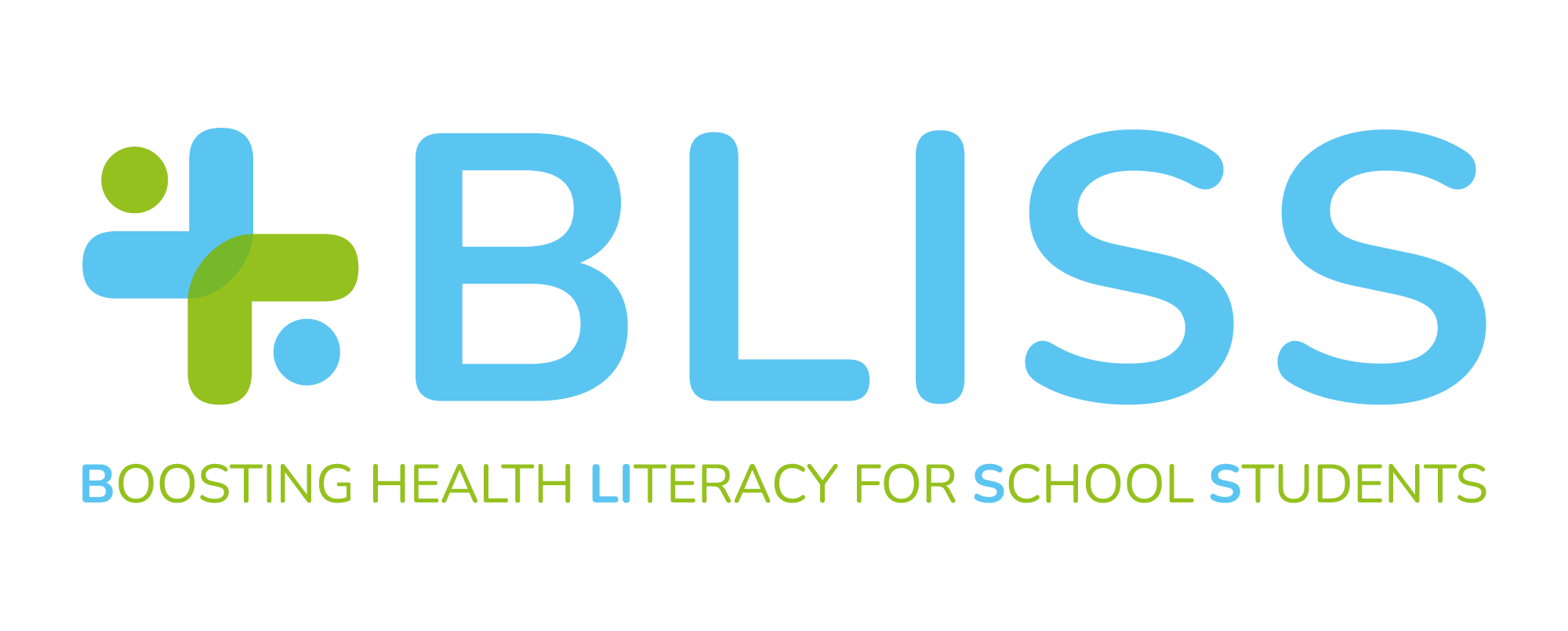1. To help students select the most suitable digital health resources. (e.g., guiding students on issues related to credibility and reliability criteria, copyright and licences that apply to data).
Description
- How to Help Students Select Digital Tools and Resources.
- How to Find Reliable Health Information Online?
- How can I evaluate health information on the Internet?
1. How to Help Students Select Digital Tools and Resources.
This OER suggests that students should rely on library digital research tools and resources instead of internet search engines for academic research or school assignments. Internet search engines might contain unreliable sources -since there are no standards for online information-, inaccuracies, biases, and unprofessional information. Thus, they often lead students to frustration when they are searching for trustworthy sources. Emphasis should be given to the importance of trustworthiness by guiding students to evaluate digital resources by asking certain questions regarding the author and the publisher of the content, the date, and any updates, as well as regarding biases and financial stakes.
2. Identifying Credible Sources of Health Information in Social Media: Principles and Attributes.
This OER highlights the significant role of Social Media Platforms (SMPs) in disseminating health information, while it also emphasizes the challenges associated with the presence of misinformation and disinformation online. Focusing on the COVID-19 pandemic, the authors underline the potential harm caused by false information on SMPs that impacted public health outcomes and vaccination support.
3. How to Identify Credible Sources of Health Information in the Digital Age.
This OER focuses on factors that help to identify credible and unbiased online sources of information. Such factors should be language, presentation, time relevance, evidence quality, bias, and the author’s expertise. Confirmation bias -the selection of information that confirms the reader’s beliefs without looking at the other side of the story- can lead to misinformation and should be avoided.


